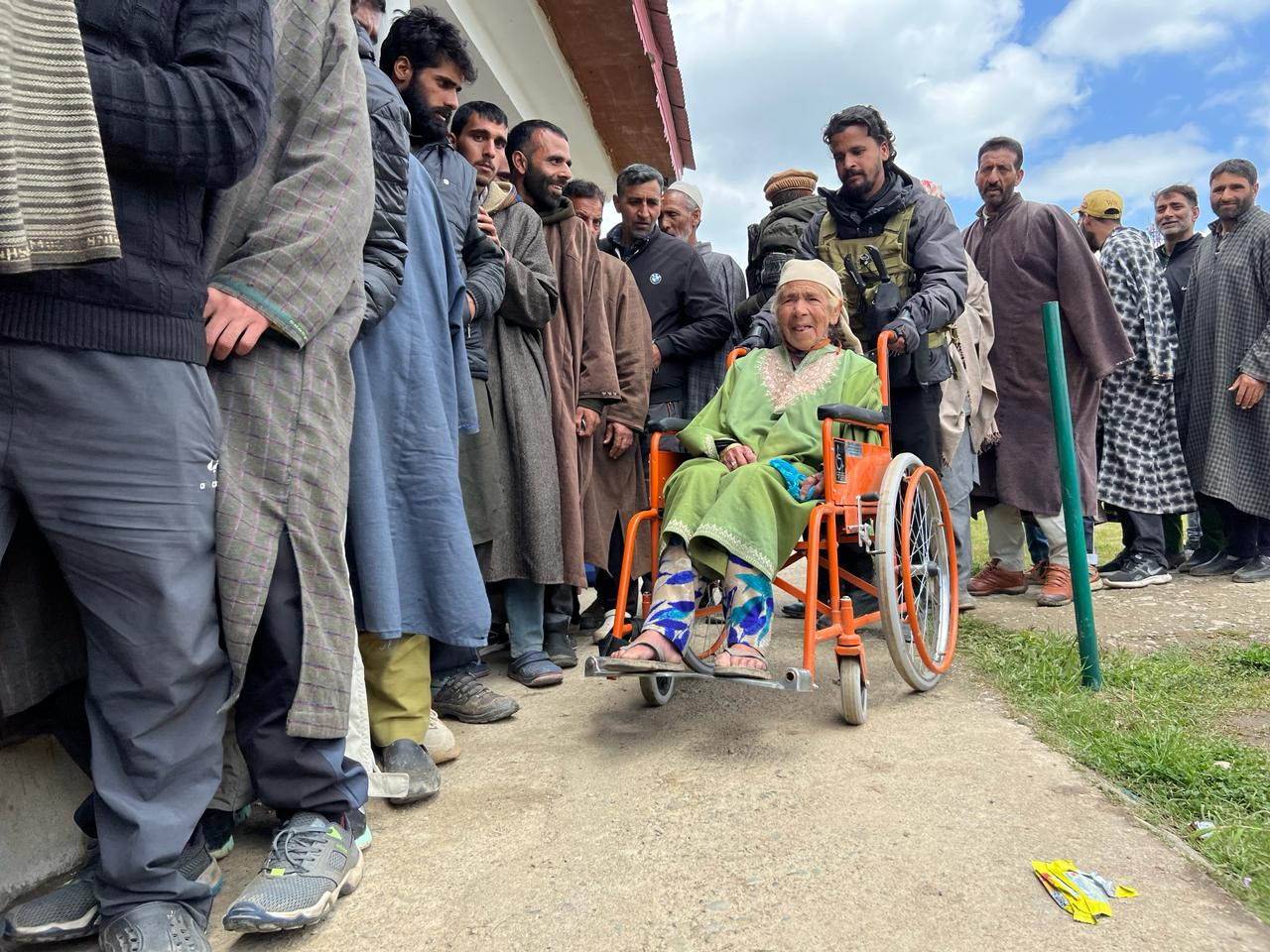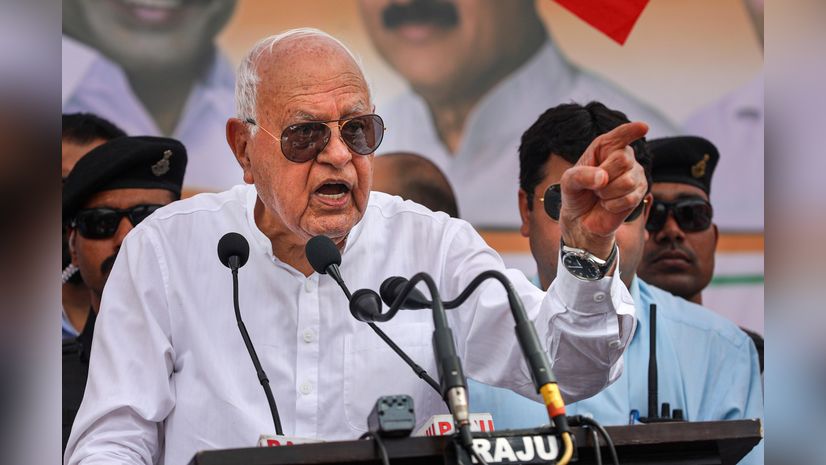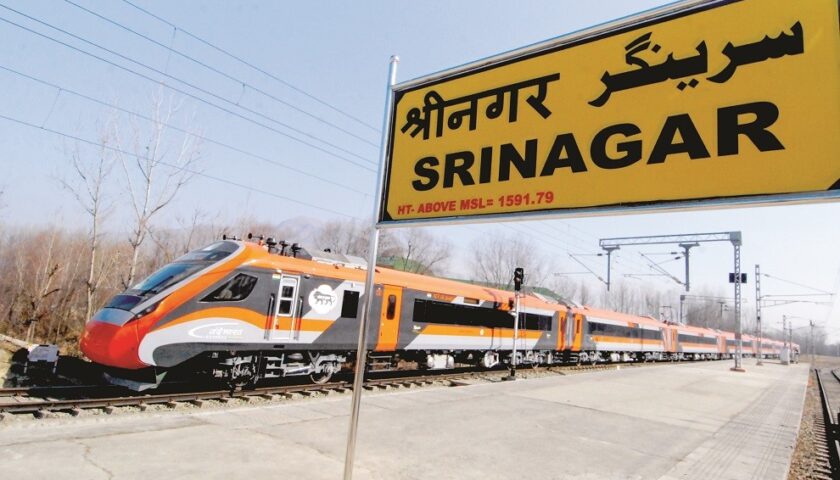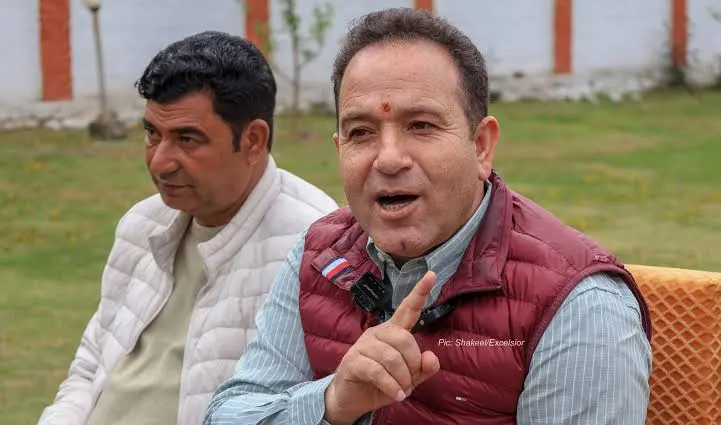Srinagar: From crippling unemployment to unaffordable electricity bills, a plethora of civic issues drove women voters in Srinagar’s downtown localities to turn out in large numbers to vote. In Rainawari, the lack of job opportunities for Kashmiri youth and the impending installation of smart power meters emerged as major poll planks.
“We voted for candidates promising to tackle unemployment and the smart meter issue,” said Maqsooda, a resident of Jogilanker. “Government jobs are scarce, but if loans are provided, our youth can start their businesses and find work.”
The smart meter installation was another hot-button topic. “Our monthly incomes barely cross Rs 7000. How can we afford Rs 3000 electricity bills with smart meters?” asked Aisha Begum. “The authorities earlier used to provide subsidised firewood for cooking. Restarting that benefit will reduce our need for costly power.”
Meanwhile, in Nowhatta, women decried the sharp surge in revised electricity tariffs amidst crumbling infrastructure and unstable supply. “Our load agreements now require us to pay electricity bills around Rs 1800 monthly despite electricity being available for just a few hours daily,” they rued. “We feel we are treated as second-class citizens living in dilapidated houses, with most households dependent on menial labour to survive. Paying inflated power bills has become an immense struggle.”
Another female voter, Huma Shafi at Sekidafar said: “Women are the direct sufferers of the ever-increasing cost of living crunch imposed upon us by inconsiderate policies. The government has piled on the misery by imposing higher power tariffs, while our incomes have remained stagnant. How are we supposed to manage inflated electricity bills on our limited household budgets?”
She said: “If the government cannot ensure affordable power for impoverished households recognised under the Below Poverty Line criteria, the least they can do is create job opportunities to augment our earnings. Burdening us with new financial pressures and turning a blind eye to the problem of unemployment is sheer injustice.”




